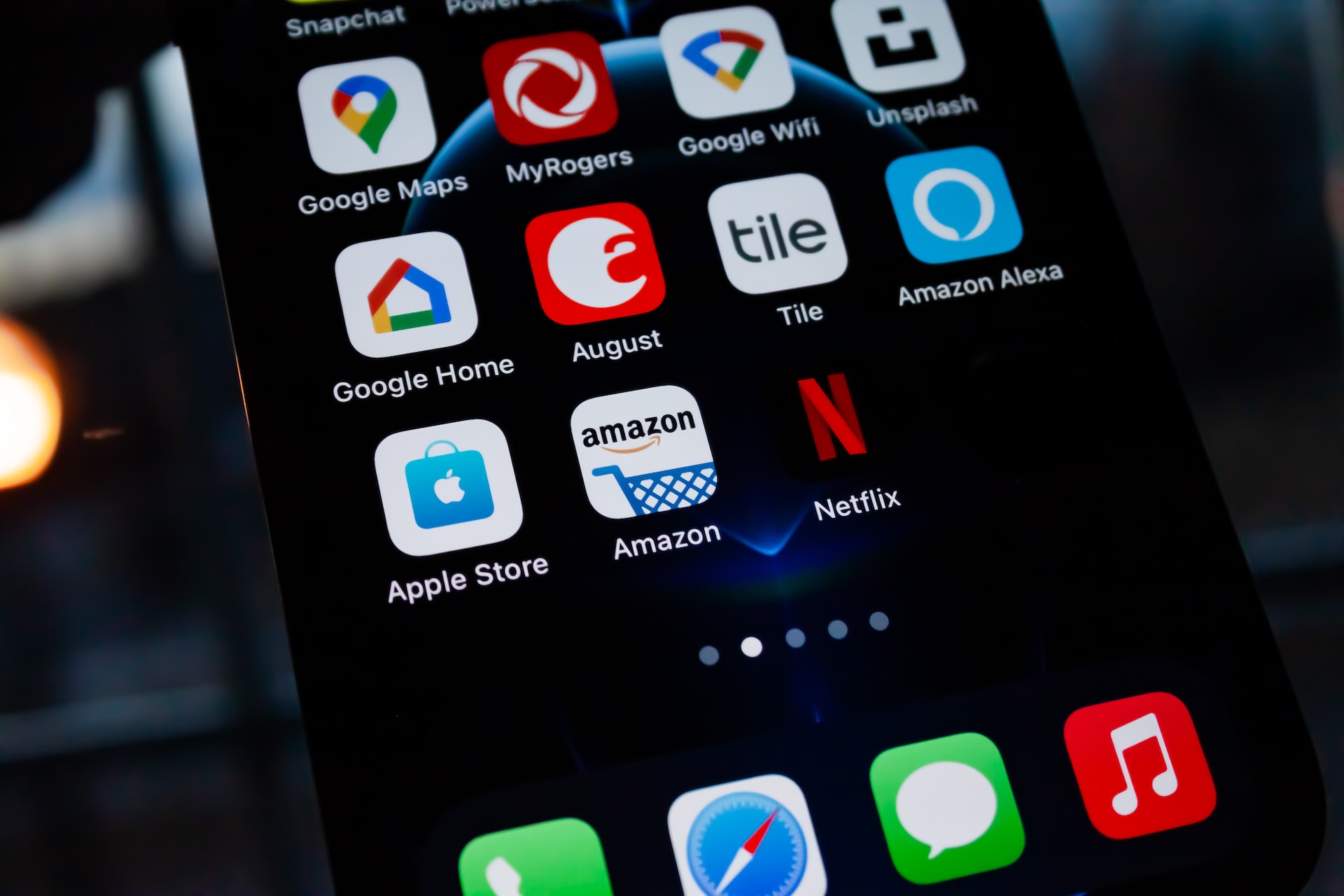- 24 April 2023
- 92
Antitrust Challenge to Apple’s App Store Policies Fails in Epic Games Lawsuit

In a long-awaited verdict, a federal judge in California ruled that Apple’s App Store policies do not constitute an antitrust violation in the high-profile lawsuit brought by Epic Games, the maker of the popular game Fortnite. The ruling, which came after a three-week trial last May, is a significant win for Apple, which has been under scrutiny for its control over its App Store and the fees it charges developers.
At the heart of the lawsuit was Epic Games’ decision to circumvent Apple’s App Store rules by offering its own in-app payment system in Fortnite, which allowed players to purchase virtual currency without going through Apple’s payment system. Apple responded by removing Fortnite from the App Store, and Epic Games sued Apple, alleging that its App Store policies violated antitrust laws.
The case, which had the potential to upend the app economy, drew widespread attention from both the tech industry and policymakers. The verdict, which was issued on September 10, was a mixed bag for both Epic Games and Apple. The judge ruled that Apple’s App Store policies were not anticompetitive, but also ordered Apple to allow developers to include links to outside payment methods in their apps, a change that could have significant implications for Apple’s business model.
The judge’s decision was based on a careful consideration of the evidence presented by both sides. Epic Games argued that Apple’s App Store policies were anticompetitive because they forced developers to use Apple’s in-app payment system and charged a 30% commission on all transactions. Epic Games claimed that this amounted to an illegal monopoly, and that Apple was engaging in anticompetitive behavior by preventing developers from offering their own payment systems.
Apple, for its part, argued that its App Store policies were necessary to maintain security and protect consumers from fraud. Apple also claimed that it faced significant competition in the app market, and that developers had the option to distribute their apps through other channels.
In her ruling, Judge Yvonne Gonzalez Rogers agreed with some of Epic Games’ arguments, but ultimately found that Apple’s App Store policies did not violate antitrust laws. The judge noted that while Apple’s App Store fees were high, they were not unreasonable given the services that Apple provided. The judge also rejected Epic Games’ claim that Apple’s App Store policies were a form of tying, where a company uses its market power in one product to force customers to buy another product.
However, the judge did find that Apple’s rules prohibiting developers from directing users to outside payment methods were anticompetitive. The judge ordered Apple to allow developers to include links to outside payment methods in their apps, but stopped short of ordering Apple to allow developers to use their own payment systems in their apps.
The ruling could have significant implications for Apple’s business model, which relies heavily on the fees it collects from developers through its App Store. If developers are allowed to use their own payment systems in their apps, it could undermine Apple’s control over the app economy and potentially lead to lower fees for developers.
In a statement after the verdict, Apple hailed the ruling as a “resounding victory” for the company, while Epic Games said it would appeal the decision. The ruling is likely to be appealed by both sides, and the case could eventually make its way to the Supreme Court.
Regardless of the ultimate outcome, the case highlights the growing scrutiny over the power of big tech companies and the need for regulatory reform. As the app economy continues to grow, policymakers and regulators will need to grapple with how to balance the interests of consumers, developers, and tech companies in a rapidly evolving landscape.

